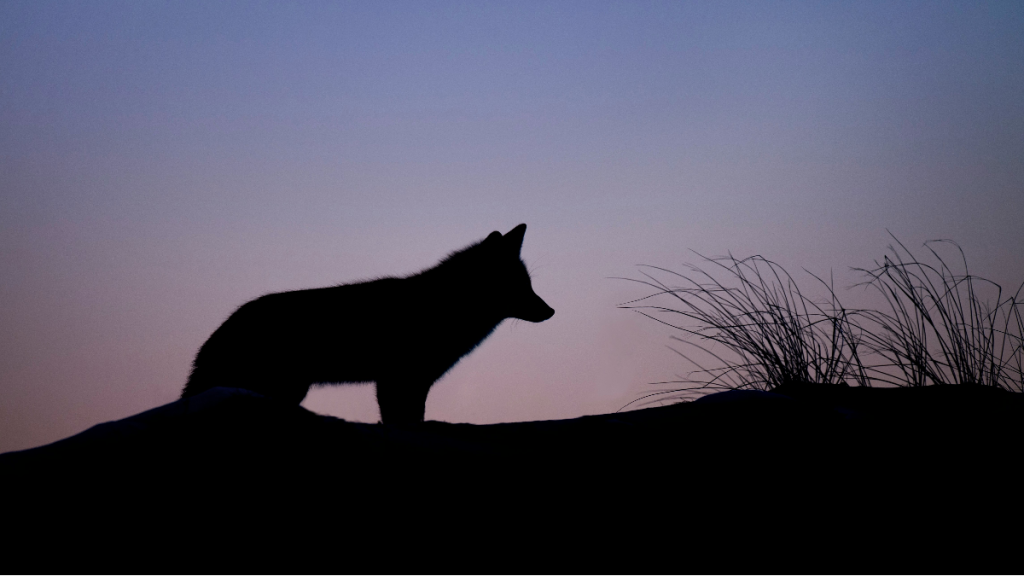NASA is conducting research on solar eclipses and how they affect wildlife—and the organization needs your help.
During partial or total solar eclipses, the moon shifts in front of the sun and blocks the light from hitting Earth. Because of that, animals and plant life react as though day abruptly turned to night. The birds stop singing, crickets begin chirping, coyotes begin to howl, and mammals lie down for sleep.
“When darkness sweeps across the landscape during a total solar eclipse, unusual things start happening,” NASA wrote in a press release, per FOX News.
Scientists at NASA are learning more about this phenomenon with the Eclipse Soundscapes (ES) Project.
ES first took off during an October annular eclipse last year. It return to the Wheeler study (1935), which researched wildlife during a 1932 total solar eclipse.
The Wheeler study included observations from a group of about 500 naturalists, game wardens, and members of the public. ES is working similarly by inviting more members of the public to take on different types of roles, which include observers, data collectors, data analysts, and facilitators.
“The NASA-funded Eclipse Soundscapes Project will collect the sights and sounds of a total solar eclipse with help from interested members of the public to better understand how an eclipse affects different ecosystems,” NASA continued in the release.
The Eclipse Soundscapes Will Focus on Nocturnal and Diurnal Animals
Participation requires online training, and some of the roles are closed. With the solar eclipse only a day away, those who are interested will have to quickly jump online for a certification.
“The general public is best suited for this project because the general public because the general public is everywhere,” Marykay Severino said in a video.
NASA hopes to better understand how the “rapid onset of darkness… affects wildlife by measuring the changes in sounds they make,” according to Dr. Henry Winter III. While the organization will be studying all wildlife, it’s particularly interested in nocturnal and diurnal animals.
“Contributions from participatory scientists will allow us to drill down into specific ecosystems and determine how the eclipse may have impacted each of them,” said Kelsey Perrett, the Massachusetts-based ES coordinator. “When it comes down to it, answering our science questions about how eclipses impact life on Earth depends entirely on the data that people volunteer to contribute.”
For more information on the Eclipse Soundscapes Project, visit the official website.
You can find the source of this story’s featured image here.
Want to be happier in just 5 minutes a day? Sign up for Morning Smile and join over 455,000+ people who start each day with good news.



